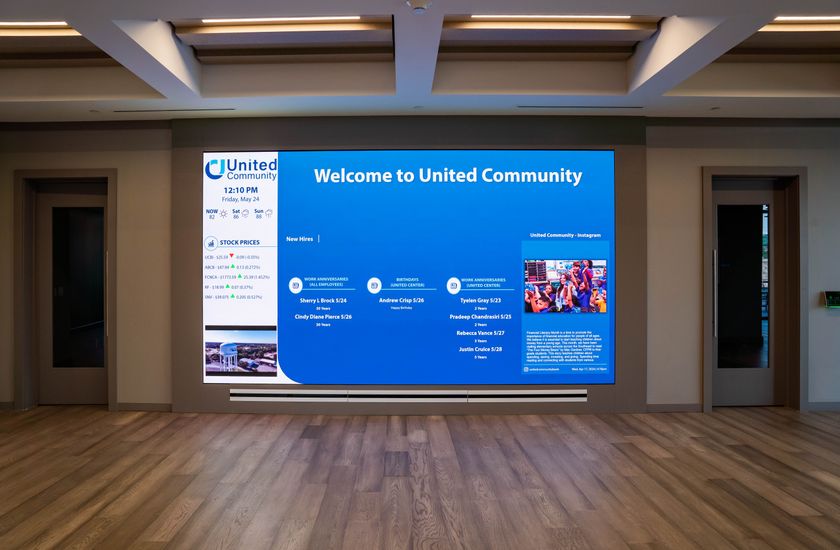- Audio Visual Control (AVC) grew out of a parent company's need to expand into product and design services for its clients. Now, four months after breaking away to become its own company, AVC has begun to gain momentum in the integration industry.
- Brian Holmes, director of sales and marketing for AVC, explained the origin of the company. "Our parent company was called Technical Installation Personnel. Its main focus was on technical services, but eventually it became apparent that someone needed to help those calling with product needs as well. So AVC was developed to address those needs, but as time passed it became obvious that the two entities couldn't coexist. So in February 2008, we split and got our own offices and made ourselves independent to pursue the design/build market."
- Becoming an independent company is a lot of work, but AVC was willing to take on the challenge because of the aptitude within the personnel. Holmes said, "We're a bit different than others because we were started by people with so much experience. I think other companies may get started and then fail because of trend chasing or niches. But I think our strength lies in our breadth of knowledge. Our guys Michael and Phillip have been doing this work for years and years, and I feel fortunate enough to have them on my team."
- To match the company's technical experience, AVC has put a lot of effort into developing more knowledge of the products it integrates. "The guys have always had a lot of technical experience, and it was really the product knowledge that had to be developed. So over the last year or so that's what we've been catching up on the most-what's available out there and how it helps potential clients. And I think that in that process there's a lot of new and creative ways to accomplish the same goals. There's all this new wireless technology and IP-based control that we can use to our advantage now."
AVC outfitted a small stage for speakers and performers in a sixth grade classroom at a church.
One of the challenges Holmes has encountered is the overabundance of information available to clients now. "One of the biggest things I have to deal with is the ability to be competitive with our prices in this digital age when information is so readily available through the internet. It used to be, you gave someone a price and they could accept it or not. But these days, it's convenient to shop around, so you've really got to be able to justify all your costs."
AVC works in many markets, including corporate, houses of worship, and universities. Holmes finds that each vertical provides a different way to approach jobs. "In the church market, you deal with people who are volunteers. You have to understand their point of view. They want what's best for the church, but all their energy is put forth through the goodness of their hearts. So you really have to be more sensitive to the human aspect of the people you deal with in that market. With universities, there's a lot more red tape you have to deal with. So I keep that in mind a lot more when working with them so we're all on the same page. Communication is the key to success in any market, though."
Since communication is so important, Holmes often feels the need to saturate clients with it. "I tend to over-communicate, but I'd rather do that than keep them in the dark. That's all a part of managing a client's expectations, because if you do that upfront and throughout the life of the project, you're guaranteeing success."










